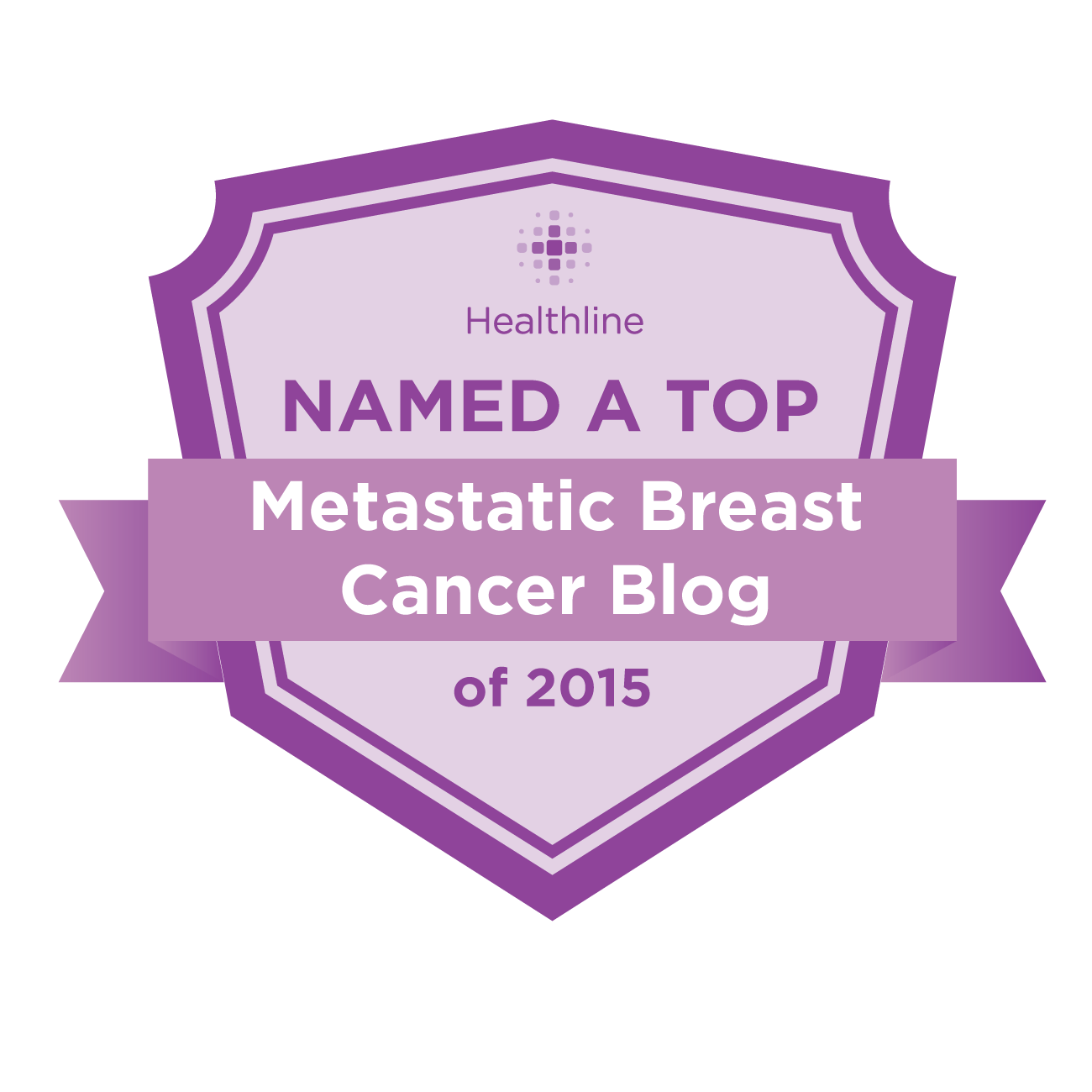Diana Raab has written a book about coming to terms with DCIS. She wrote a book chronicaling her emotional struggle. Interspersed with the book are writing prompts designed to help people put their thoughts about a cancer diagnosis on paper.
Here is what Diana has to say:
Breast cancer affects one in five women. I never thought I’d be a part of that statistic, particularly since there’s no breast cancer in my family. I did have breast cancer and I am now moving on with my life. I will tell you how I coped.
One of the physical drawbacks of having had a mastectomy and reconstruction is the degree of deformity and how you feel about your sexuality. It helps to have a supportive husband, partner, friend or confidant to confide in and talk to. Journaling your feelings also empowers you and relieves stress. Plus, it’s really cheap therapy and guess what? The journal does not talk back and that’s a real bonus.
Following my surgery, I felt quite unattractive. My surgeon had a great suggestion, “Just go out and buy some provocative clothes, and you’ll see how much better you will feel.” He recommended I first wear them around the house and when I was courageous enough, to wear them out. I followed his instructions and found him to be absolutely right. My husband also enjoyed this exercise!
Another difficult part of having had breast surgery, was the complete loss of physical sensation on the surgical side. It’s very weird because you are left with no erotic sensation at all. The nipple and surrounding area are completely numb. According to my plastic surgeon, over time, some women do get some of the sensations back, but the good news is there’s always the other side!
In the days following my diagnosis with breast cancer, I needed ample time alone for reflection. Sometimes I’d just sit in the backyard writing about things I might never want to share. Other times, my journal entries actually became published articles to help other women cope with their own demons and issues about breast cancer.
As a nurse-writer I teach journaling in the community and believe it is a critical component for emotional healing. I’ve been journaling since the age of ten when my mother gave me my first journal.
The day I was diagnosed with breast cancer, I began to chronicle my journey. As time went on, my journal entries evolved into a self-help/memoir, Healing With Words: A Writer’s Cancer Journey which was released in June 2010.
Many women have used journals to record their breast cancer experiences, either to share with their families or to refer back to at a later date. Some of these journals or books have been published, such as those of Audre Lorde, May Sarton, Betty Rollin, Rose Kushner, Hilda Raz, and Elizabeth Berg, to name a few.
I also decided to allow my breast cancer journey to rivet me in a positive way, using the journey to inspire me to higher grounds. I earned a graduate degree and decided to remove all toxic people from my life. I now surround myself with those who are uplifting and make me feel good about myself. For me, now, it’s all about celebrating life. In the journaling classes I teach at UCLA Extension and at conferences around the country, I work to inspire others to do the same!
I read Diana's book. It is very well-written, and when she describes the tests she went through to determine her DCIS diagnosis, I found myself nodding my head. However, some of the facts in the book seem to differ from what I understand to be true. Diana's reaction to her DCIS diagnosis was pretty much the polar opposite of my reaction when I discovered I had cancer, which made the it a bit hard for me to relate to her. But, as you all know, I express my emotions with sarcasm, so that's to be expected. I'm certain that this book will be quite helpful to anybody who is either newly diagnosed or who is undergoing treatment, and who needs a way to get their emotions on paper.
The good news is Diana's publisher is giving away a copy for one of you lucky readers! Please post a comment below and I'll draw names. The contest ends Saturday by 8:00 a.m. California time. If you post anonymously, you can still win, but please put something identifying in the note, and you will have to give me your name and address to give to the publisher.
Thank you, Diana, for wanting to help other women with breast disease.
“Angel Wishes” - new artwork
5 years ago












